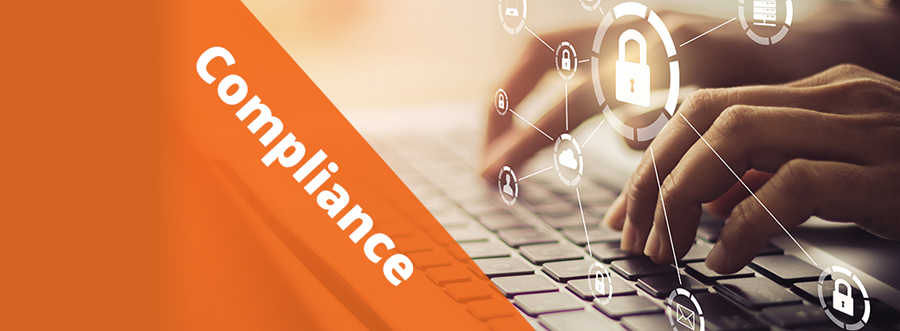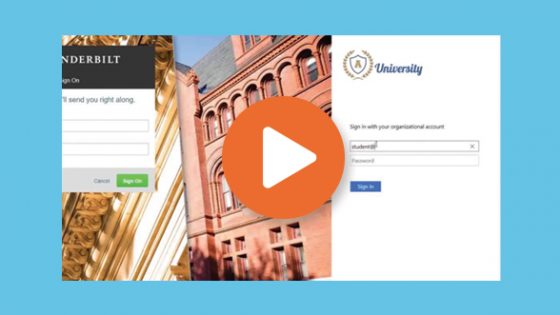Kivuto recently released a report on how academic institutions manage the software, cloud products, and other digital resources used on campus. Based on a survey of college and university IT leaders conducted in partnership with University Business (UB), the report sheds light on the struggles school IT teams face in the procurement, distribution, and overall management of such resources.
One of the takeaways from the report is that there are three major (and related) challenges looming ahead for academic IT teams. We’ll call them the Three Cs: centralization, compliance, and the cloud. In our ongoing three-part blog series, we’re examining each of these challenges — and why IT teams in higher education will have to address them sooner rather than later.
For this, our second installment, let’s talk about compliance, its importance, and why it’s such a tricky issue for academic institutions.
Terms and Conditions
There are two main areas in which school IT teams are responsible for ensuring compliance. First, they have to make sure that the terms and conditions associated with each digital product used on campus are adhered to.
This is already a daunting task. Technology has become so ingrained in education, almost every course requires the use of some software as part of the curriculum. And each product comes with unique eligibility and usage restrictions. Some come with term limits. Some are licensed only for faculty, for students, or for lab use, often with distinct conditions for each scenario. Ensuring campus-wide compliance with this web of caveats would be difficult under ideal conditions – and school IT teams rarely have the luxury of operating under ideal conditions.
As established in the first installment in this series, digital-resource management at higher-ed institutions is highly decentralized. Procurement and distribution processes typically vary by department. In addition to being a hassle to manage, siloed systems limit central IT’s visibility into campus-wide product usage. This makes it all the more difficult to ensure that all terms and conditions are being respected.
As the demand for digital resources in education grows, so will the burden of ensuring compliance with all attached terms and conditions. Centralizing the management of these resources could go a long way toward giving IT the data they need to accomplish this.
The Rising Importance of Privacy
School IT teams have to ensure compliance with more than product terms and conditions. They’re also responsible for ensuring compliance with all applicable privacy regulations. This is becoming more demanding – but also more important.
New privacy laws are springing up around the world. The European Union’s General Data Protection Regulation (GDPR) is the most infamous example. The recently passed California Consumer Protection Act (CCPA) now offers Americans in that state comparable protections. The scope of these laws is sweeping; the penalties for violating them are severe. For academic institutions, which are notorious for tight budgets, the costs of noncompliance could be crippling.
The results of Kivuto’s survey suggest that schools should put more emphasis on ensuring compliance with these laws. Fewer than a third of respondents to Kivuto’s survey claim to be very concerned about compliance as is. For such a famously risk-averse industry, it’s odd – and concerning – that this issue isn’t being regarded with more urgency. And the education industry is already known to be a vulnerable and popular cyberattack target. How long before a data breach compromises PII in a way that contravenes one of these new privacy laws?
Fortunately, there are some signs that this is changing. Security and privacy are now the top two priorities in academic IT, according to EDUCAUSE. And though few of Kivuto’s respondents reported feeling very concerned about compliance with emerging laws, even fewer claim not to be concerned at all. These are encouraging indicators that schools’ complacency around compliance may be coming to an end.
* * *
This article is based on findings from Kivuto’s 2020 survey: A New Era of Learning Brings Complex Challenges for Academic IT. Read the full report for more insights into the complexities and challenges of managing digital resources in higher education.















No Comments